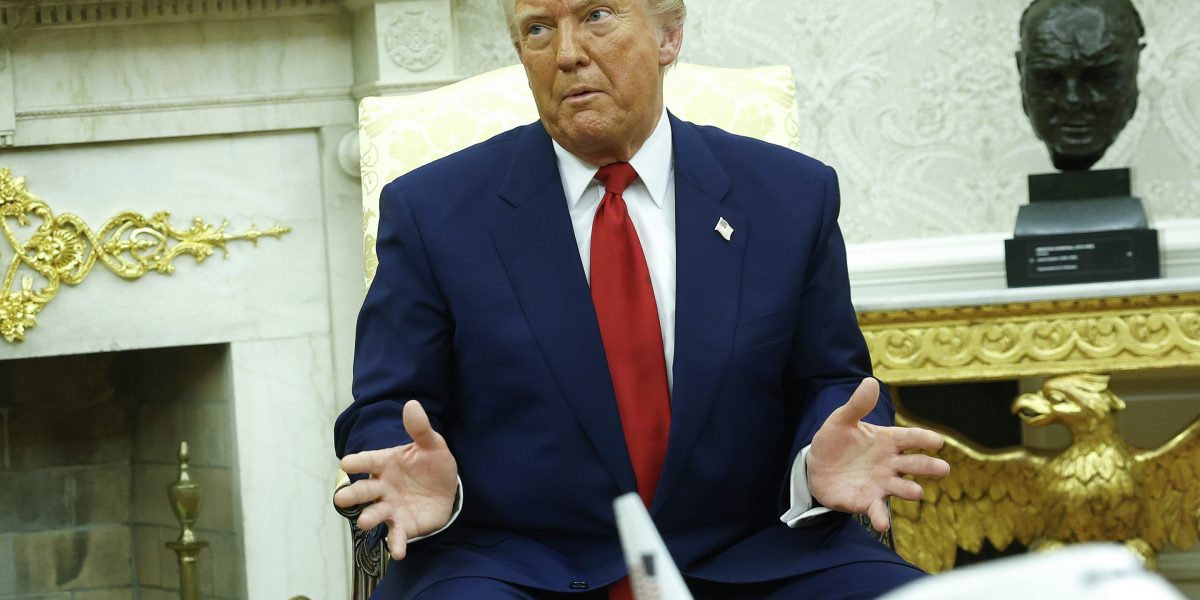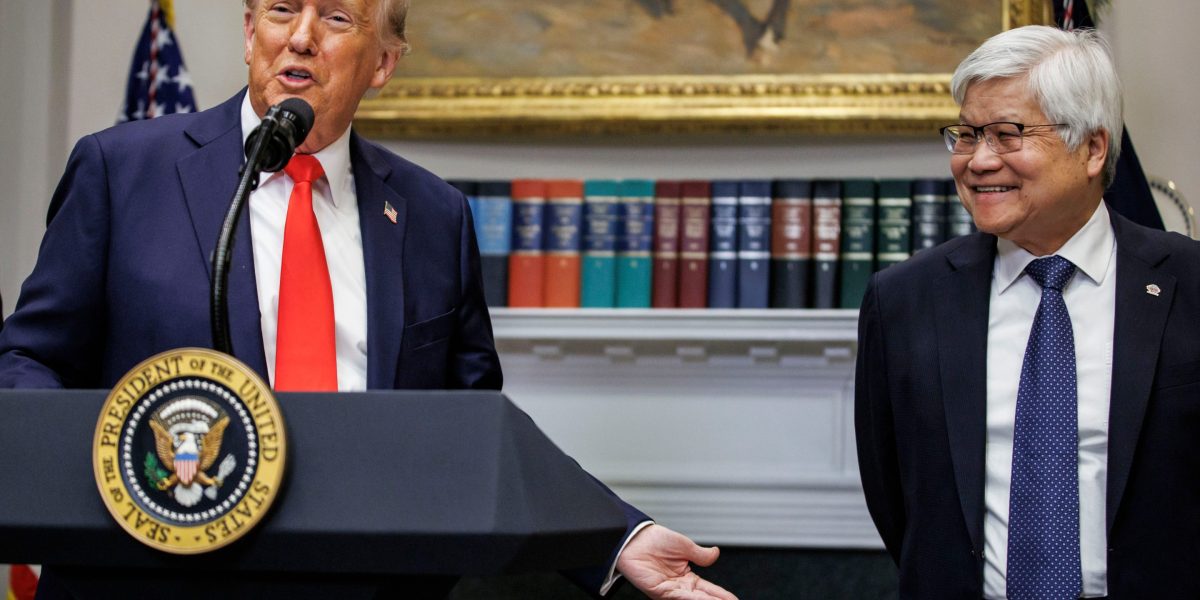France’s trade ministry condemned “unacceptable” US interference Saturday after the American embassy in Paris sent several French firms letters warning against using the diversity programmes known as “DEI”, a frequent Donald Trump target.
The letters, sent to French companies currently doing or looking to do business with the United States, included an attached questionnaire asking firms to certify that they “do not practice programmes to promote diversity, equity and inclusion”, or DEI.
The questionnaire, which was shared with AFP, added that such programmes “infringe on applicable federal anti-discrimination laws” in the United States, where Trump signed an order banning federal DEI programmes the day he returned to office for his second term as president.
France, already bristling at Trump’s moves to slap hefty tariffs on imports, hit back through the ministry of foreign trade.
“US interference in French companies’ inclusion policies is unacceptable, just like its unjustified tariff threats,” the ministry said.
“France and Europe will defend their companies, their consumers, but also their values.”
Designed to provide opportunities for Blacks, women and other historically excluded groups, DEI programmes have drawn the wrath of Trump and his followers, who say they are discriminatory and incompatible with meritocracy.
The letter, first published Friday by newspaper Le Figaro, told companies that Trump’s January 20 executive order against DEI programmes “also applies to all contractors and suppliers of the US government, regardless of nationality or country of operations”.
It gives them five days to fill out, sign and return the questionnaire.
Economy Minister Eric Lombard’s office said the letter “reflects the values of the new US government”.
“They are not ours,” it said. “The minister will remind his US counterparts of that.”
‘Attack on our sovereignty’
It was unclear how many companies got the letter.
The economy ministry estimated “a few dozen” had received it, but said it did not yet have a final figure.
The US embassy did not immediately respond to a request for comment.
As published in the press, the letter was not on US embassy letterhead.
“If companies received it in that format, it’s not an official communication, much less a diplomatic one,” Christopher Mesnooh, an American business lawyer based in Paris, told AFP.
The US government cannot force French companies to follow its laws, added Mesnooh, from law firm Fieldfisher.
“French companies won’t now be required to apply US labour law or federal law against affirmative action policies,” he said.
In fact, most affirmative action policies are illegal in France, which bans treatment based on origin, ethnic group or religion, though many large companies have sought to diversify their recruitment pools.
France does however require companies with more than 1,000 employees to promote equality for women under a 2021 law, with benchmarks such as having at least 30 percent women executives.
That means a French company that adheres to the requirements stipulated in the US letter could risk breaking the law in France.
The head of French business group CPME, Amir Reza-Tofighi, called the letter an “attack on the sovereignty” of France, and urged political and business leaders to “stand together” against it.
Gerard Re of French labour confederation CGT called on the government “to tell companies not to adopt any policy that hurts equality between men and women or the fight against racism”.
This story was originally featured on Fortune.com
Source link


 Entertainment8 years ago
Entertainment8 years ago
 Politics8 years ago
Politics8 years ago
 Entertainment8 years ago
Entertainment8 years ago
 Entertainment8 years ago
Entertainment8 years ago
 Tech8 years ago
Tech8 years ago
 Tech8 years ago
Tech8 years ago
 Tech8 years ago
Tech8 years ago
 Politics8 years ago
Politics8 years ago






